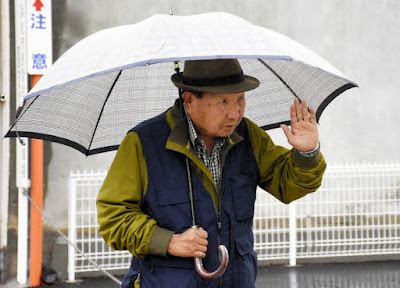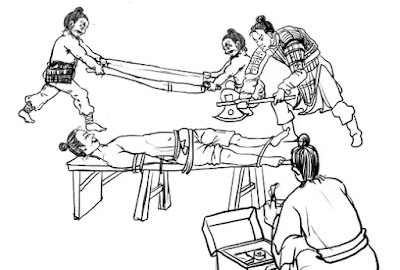In a significant ruling that underscores the Indian judiciary’s nuanced approach to capital punishment, the Karnataka High Court has commuted the death sentences of three men convicted of a 2013 double-murder to life imprisonment.
The bench, comprising Justices Sreenivas Harish Kumar and Ramachandra Huddar, delivered the verdict on December 19, 2023, maintaining that the case did not embody the ‘rarest of rare’ criteria necessary for upholding a death sentence.
The Heinous Crime and its Aftermath
The case revolved around a cruel act, where the victims were bound to a tree and mercilessly killed in the presence of villagers. The defendants’ argument of provocation was outrightly dismissed by the court, citing clear evidence of premeditated action.
However, the court also took into consideration various factors such as the defendants’ relatively young age, their commendable conduct in prison, the potential for reform, and expressions of remorse from two of the accused.
A Striking Balance Between Justice and Reform
The court’s decision to commute the sentences underscores the delicate balance the judiciary often has to maintain between meting out justice and promoting reform. While the nature of the crime was undeniably severe, the court also considered the accused’s potential for change and rehabilitation.
The imposed fine of Rs 30,000, along with the provision that the time already served would be deducted from their life sentences, further echoes this balance.
Reflecting on the ‘Rarest of Rare’ Doctrine
The court’s ruling invites reflection on the ‘rarest of rare’ doctrine, a key concept in Indian criminal jurisprudence that helps determine whether a crime merits capital punishment. This case, despite its brutal nature, did not meet the stringent criteria, emphasizing the Indian judiciary’s cautious and thoughtful approach to the death penalty.
Source:
bnnbreaking.com, Rafia Tasleem, January 17, 2024
_____________________________________________________________________











.jpg)
